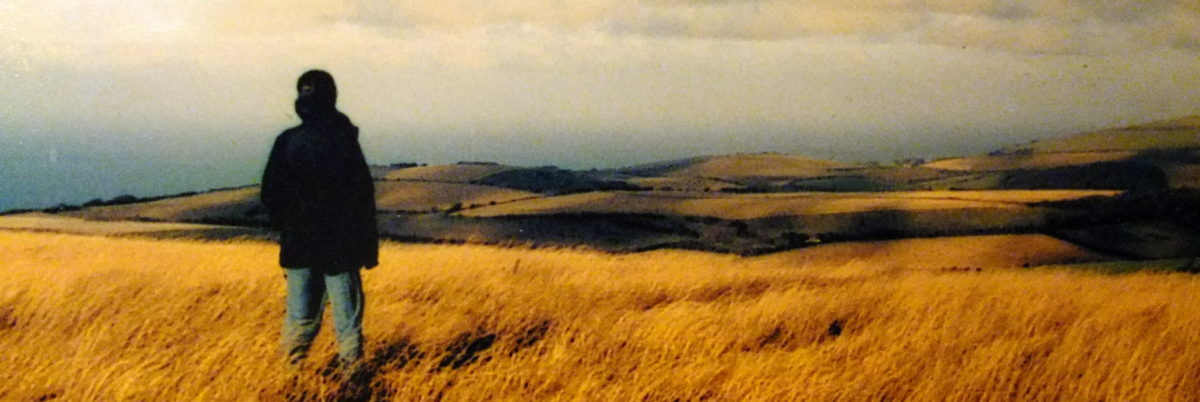Meat cheese bread
snuggly sandwiched into bags,
lidded styrofoams of coffee.
Below the bridge,
the dark span hides a slight shuffle,
a bent huddle gathered there,
all muffled and still.
Then comes a rush of roar;
light-blazing autos swirl shadows
that leap and stretch
and, passing by,
shrink this small congregation.
Among them
walk those offering bread and cup.
Take and eat.
This is the body of Christ
broken for you
and for me.
©Nancy L. Bieber
It was many years ago that a friend told me the story. One night, he recounted, he had joined a team that distributed food to people without homes, people hidden in the crevasses of his city or sitting on the streets in plain view.
Under a bridge abutment they found a small group sheltering. As my friend laid food in each person’s hand, he was surprised to find himself silently repeating the Eucharistic words…this is the body of Christ broken….this is the blood of Christ shed. He suddenly woke to the sacredness of this simple act. He was participating in sacrament. Although my friend is a pastor who regularly offers Communion bread and wine to his congregation, this offering, though stripped of liturgy and church, was also sacramental—-and he only realized it as he whispered the words.
My favorite definition of sacrament is “a visible and outward sign of an invisible and inward reality”. What is the invisible reality that moved my friend — and moved me to write the poem?
I believe it is the acknowledgement that we are one human family. We are all kin: we are of one kind. I offer bread, and receive it, too —-from my brother, my sister, my child. Christ within you, Christ within me. Love surrounding both of us.
What we choose to do with that reality is the most important choosing of our lives—-and every day we choose anew. Do we look at the other and actually see the other? Do we allow our shared humanity to become a deep heart knowing? And does the knowing change our living?

